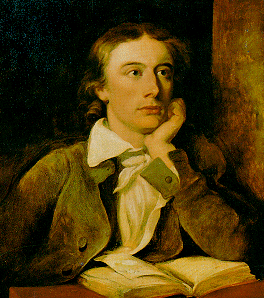In the novel The Good Earth by Pearl S. Buck, Wang-Lung is a young man who is beginning to figure out who he is by becoming more independent from his father and starting his own family. Wang's father has a brother who is very into himself; he is poor and is always asking for people to give him money and other goods. When Wang's uncle approaches him one day while he is working in the fields he asks Wang if he can "support" his family. Lung has worked very hard to earn his silver and although he spent hours of labor earning his riches he is generous and displays a gift upon his uncle. A man who is a beggar is never a good man; they may need money, but they should have to work hard like the others. It is not bad to ask a family member for support in times of need, but the way Wang Lung's uncle approached him was wrong and unacceptable.
When Wang Lung decides to take his family south due to poor harvest and low supply of food they face many challenges differently than those at home. When they reach town, his family has to beg for money -- just like his uncle had done to them -- so that they would be able to pay a pence for rice that night. Wang is used to having enough food to supply his family and suddenly he has to revisit that place where he was starving and this makes him uncomfortable. He tries to take his family one step forward by moving to a whole new place but in the end he only takes himself one step back.
When Wang Lung decides to take his family south due to poor harvest and low supply of food they face many challenges differently than those at home. When they reach town, his family has to beg for money -- just like his uncle had done to them -- so that they would be able to pay a pence for rice that night. Wang is used to having enough food to supply his family and suddenly he has to revisit that place where he was starving and this makes him uncomfortable. He tries to take his family one step forward by moving to a whole new place but in the end he only takes himself one step back.

